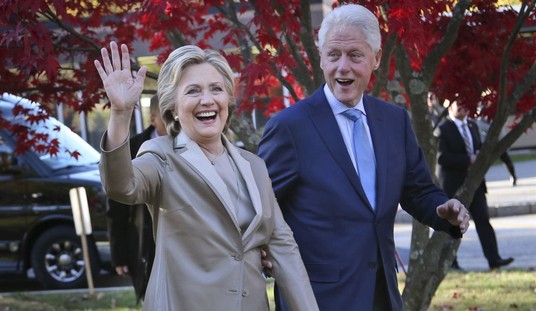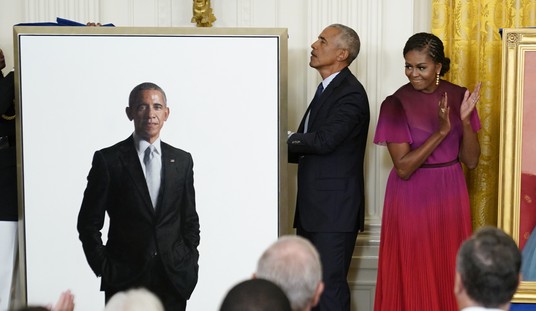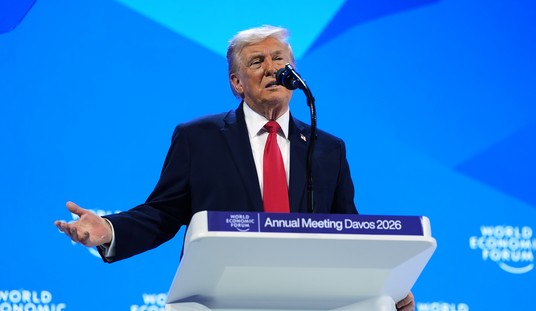While America’s legislators and business leaders desperately search for a way out of political impasses and economic travails, what, you may ask, are those who lead our colleges and universities working on? Reducing the ever-increasing inflation of tuition? Safety from campus crime? Ensuring academic success? One certainly hopes so. But last fall, at the University of Illinois’ flagship campus at Urbana-Champaign, high-level administrators and professors were spending time worrying about a different vital issue: how to stop their students from promoting Illinois’ banned mascot.
Students for Chief Illiniwek (SFCI) is a UI student group that wants to restore the Chief Illiniwek mascot to UI sports teams. The Illiniwek mascot (a fictional character created in 1926; there was no actual Chief Illiniwek) was retired in 2007 under pressure from the NCAA’s campaign to eliminate most Native American team names and mascots. In response, SFCI was formed, and in the fall of 2009 was organizing an event called “The Next Dance” (referring to the Illiniwek mascot’s traditional dance).
SFCI planned to have the event in UI’s Assembly Hall and was ultimately able to do so, but it ran into a number of roadblocks along the way. In order to find out what happened, SFCI submitted an Illinois Freedom of Information Act request. The results of that request provide a startling and disturbing look at the efforts that administrators and some faculty are willing to undertake to try to derail students willing to defy political correctness on campus.
The FOIA documents, which can be downloaded here (warning, large PDF), begin with a September 6, 2009, e-mail from Renee Romano, vice chancellor for student affairs, to Michael DeLorenzo and Anna Gonzalez, associate vice chancellors for student affairs. Romano reported that she had spoken to then-Chancellor Richard Herman about the upcoming “chief dance in the assembly hall” and that Herman was “considering banning student organizations from using the assembly hall.” She said she told Herman that “they might challenge the legality of banning RSOs [Registered Student Organizations] from Assembly Hall, but that I’d be willing to take it on.”
By that evening, Romano had given up on that idea. This excerpt from her 8:57 p.m. e-mail to Chancellor Herman is very revealing: “From my experience, it doesn’t work to develop a policy ‘after the fact,’ after something happens that you’re trying to change. It makes it appear that you’re trying to stop that particular organization which becomes a free speech issue again.”
Of course, in the next paragraph, we find out that stopping a particular organization is precisely what they’re trying to do: “I think we’ve done a good job at pushing the program to a time slot that will not be as visible or popular for people to attend. I am hoping that eventually, these events won’t be popular enough to support.” She concludes, “If we’re forced to go forward with this event, Anna [Gonzalez] will most likely have a list of recommendations to help us manage it. Let me know if there’s anything more I can do.” To Herman’s minimal credit, he responded that “the issue is ultimately free speech as long as theyare [sic] an RSO.” He maintained, however, that it “seems a bad idea” for the event to take place.
But UI administrators weren’t done with their attempts to derail the event. Indeed, the following day, Romano wrote Herman again, saying in part, “I’m just trying to think of a reason to deny them access to the hall on Oct. 2. At this point they know there’s nothing scheduled.” After further discussion, this idea died as well. But after an e-mail from Emeritus Professor Stephen Kaufman demanding that the university rescind approval for the event, Edward Slazinik, director of the Illini Union, sent a September 15 e-mail noting that the event had not yet been officially registered.
An e-mail response from Anna Gonzalez came the following day, asking, “Since they have not registered the event for this year, can the event be pulled? Is there a time limit for that — say, they have to register an event 1 week prior?” However, SFCI’s event dodged this final bullet, as Slazinik responds that such an effort “would only accomplish making the university look foolish.”
The efforts to actually stop the SFCI event appear to have ended here — but the attempts to silence expression about the Illiniwek mascot continued. Professor Robert Warrior, director of American Indian Studies at UI, wrote to Romano to complain about the fact that the SFCI event was being promoted on the billboard outside the venue where it was to take place, asking, “Can ROs that rent the hall say anything they want on the billboard, including racial stereotyping?” Romano responded, “I share your feeling about the billboard,” but she said that there was nothing she could do because it was “part of the package.”
Warrior also demanded that the university take down posters in the student union that he found to have a “genocidal” message. The posters had a picture of Illinois fans on it and read: “Never seen a real Indian? GOOD! Because obviously we haven’t either. The ‘Next Dance’ — Because even though ignorance may not be bliss, it sure is fun!” When informed that administrators would look into posting rules to see if the posters could be removed (that e-mail is missing from the FOIA materials), Warrior wrote to Gonzalez on September 29 that he was taking his ball and going home: “I don’t care about posting rules. Hate escalates. It’s a fact. … I am no longer willing to participate on diversity committees like the one I am on that you chair, initiatives, or events.”
Gonzalez was understandably insulted, saying in an e-mail to Romano that “we have been the ones who are responsive and working on this.” In a later e-mail, though, Warrior said that he had determined that the poster he objected to “came from a segment of the protest organizing group who saw it as social commentary,” but that he thought the “genocidal reference in It [sic] muddles whatever message it is conveying.” In other words, the poster agreed with his own position — and he didn’t even understand that.
Watching administrators and professors flailing madly in their attempts to reconcile the demands of political correctness with the demands of the Constitution and common sense is undeniably amusing. Yet it also goes a long way towards proving what the Foundation for Individual Rights in Education (FIRE) and other defenders of civil liberty on campus often say: if a rule or principle can be abused or ignored to censor dissenting speech, it will be.
At the University of Illinois, public servants with the exalted ranks of chancellor, vice chancellor, and associate vice chancellor spent hours of effort brainstorming and scheming to stop, move, or otherwise disrupt a student organization’s event through multiple means. How would these same people react if Illinois politicians went to the same lengths to interfere with university events? A high-ranking professor and department director demanded that the university ignore the Constitution and its own policy to prevent students from seeing a “genocidal” poster the meaning of which he doesn’t even understand. How would he react if the police showed the same lack of respect for his Sixth Amendment rights (to a trial by jury, for instance) that he shows for his students’ rights?
First Amendment rights? Parents and students at every university in America should take a close look under the rock turned over by this FOIA request and ask themselves: how much of this goes on at my alma mater?









Join the conversation as a VIP Member